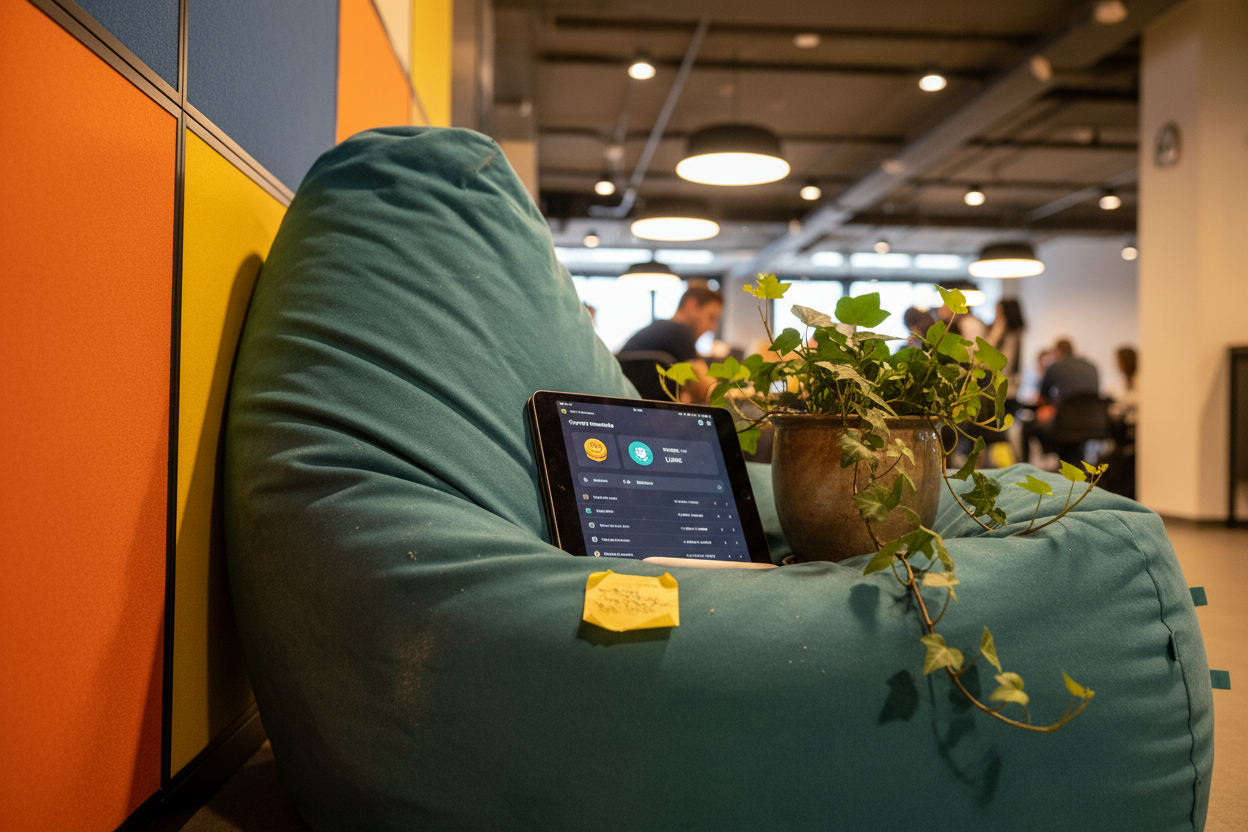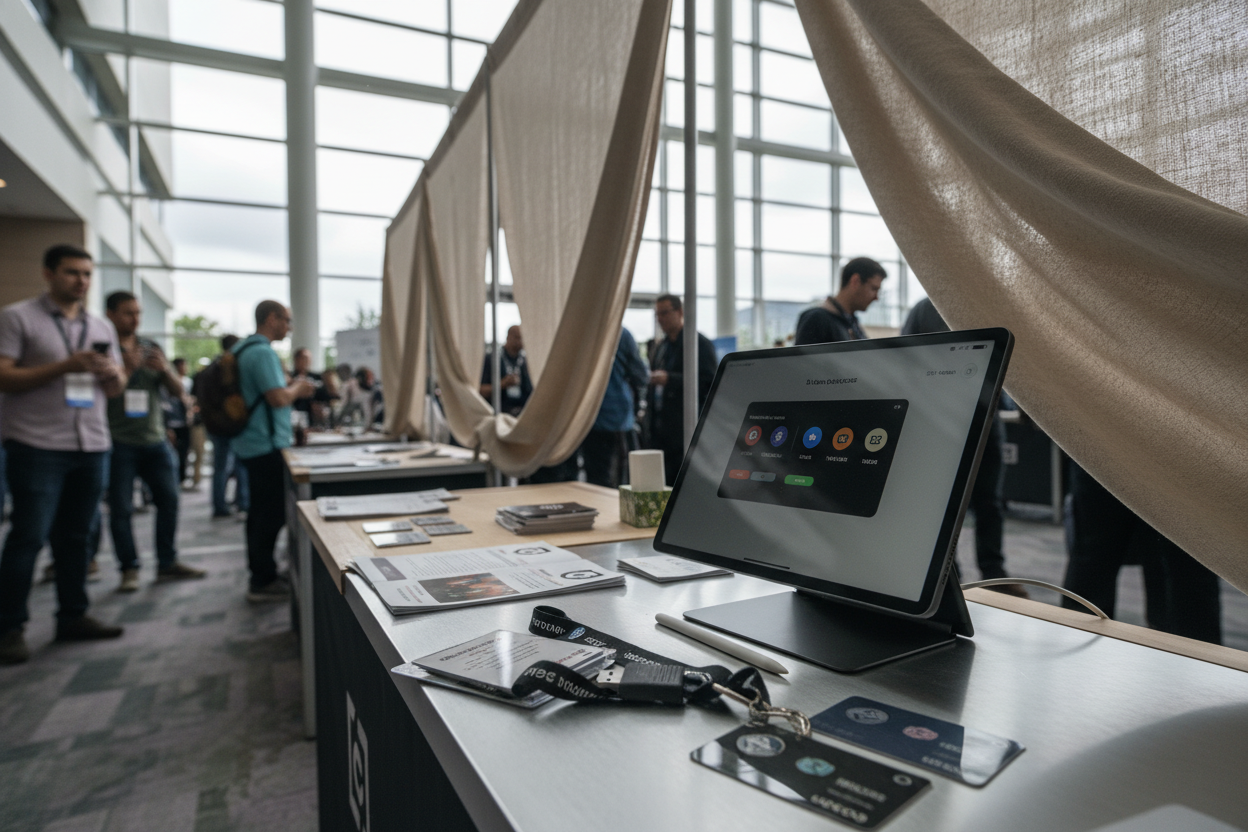
In the rapidly evolving world of decentralized finance, a new paradigm is taking root: Vote2Earn models are transforming governance token rewards by making active participation in protocol decisions directly profitable. Rather than simply holding tokens and passively collecting rewards, DeFi users are now incentivized to engage in the governance process itself. This shift is not just cosmetic – it’s fundamentally altering how DAOs operate and how value is distributed throughout the ecosystem.
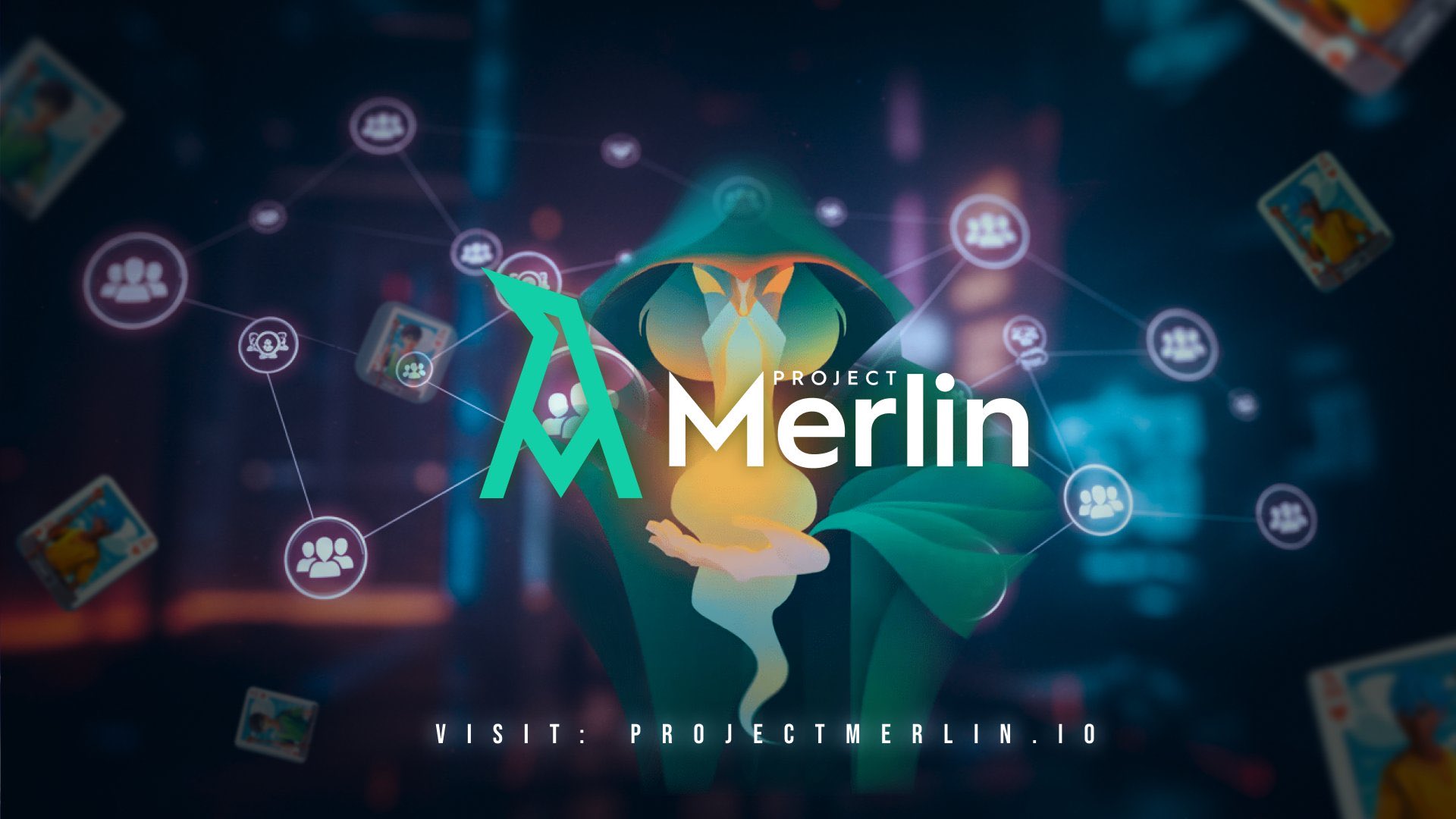
How Vote2Earn Models Work in Practice
Traditional governance token rewards have long suffered from a problem: low voter turnout. Many token holders are content to sit on the sidelines, earning staking or liquidity rewards without ever participating in protocol decisions. Vote2Earn (V2E) aims to flip this script by directly tying rewards to governance engagement.
Let’s look at Project Merlin, one of the most prominent examples of this model:
- Eligibility: Users must hold at least one Project Merlin Community NFT and participate in at least one governance vote per quarter.
- Earning Points: Each vote earns Vote2Earn Points, which accumulate over the quarter.
- Token Conversion: At quarter’s end, if the DAO Treasury holds more than 30% of the total $MRLN supply, points are converted proportionally into $MRLN tokens.
This structure rewards those who contribute value through decision-making, not just capital allocation. The result? A more meritocratic, transparent, and decentralized system where active participation is the key to earning.
The Mechanics Behind DeFi Voting Incentives
Project Merlin’s Vote2Earn is just one approach. Other protocols, like VeBetterDAO, are experimenting with nuanced reward pools to stimulate even deeper engagement:
Top DeFi Projects Using Vote2Earn Incentives
-
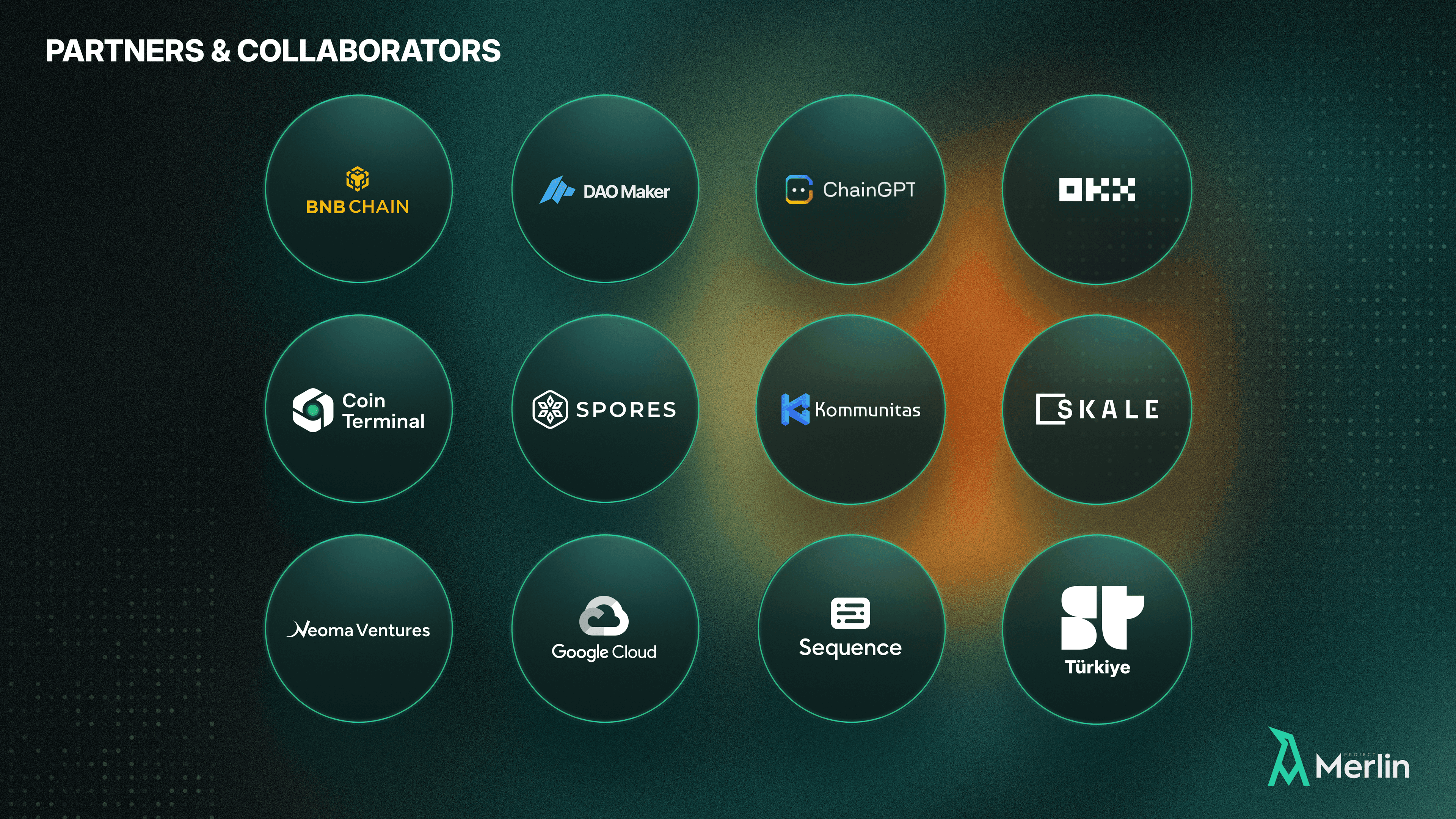
Project Merlin: Project Merlin stands out for its NFT-based Vote2Earn mechanism. Community members who hold a Project Merlin Community NFT and participate in governance votes earn Vote2Earn Points, which are converted into MRLN tokens at the end of each quarter. This system ensures only active contributors benefit, promoting transparent and merit-based governance.
-

VeBetterDAO: VeBetterDAO rewards active voters through two dedicated pools: the Vote2Earn Pool, which distributes B3TR tokens based on users’ VOT3 token balances, and the GM Rewards Pool, which provides extra incentives to holders of Galaxy Member (GM) NFTs who participate in governance. This dual-pool structure encourages both broad and deep community engagement.
VeBetterDAO distributes B3TR tokens weekly into two main pools:
- Vote2Earn Pool: Rewards all users based on their VOT3 token balance when they participate in voting rounds.
- GM Rewards Pool: Offers additional incentives to users holding special NFTs who vote, with rewards scaled by NFT level.
To qualify for either pool, users must cast a valid vote during the cycle – simply holding tokens isn’t enough. This dual-pool system not only broadens participation but also encourages deeper commitment from the most involved community members.
Why Vote2Earn Is Shaping the Future of DAO Participation
The impact of Vote2Earn models on DeFi governance is already apparent. By linking governance token rewards to actual participation, these frameworks create a flywheel effect: more engagement leads to better decision-making, which leads to stronger protocols and, ultimately, more valuable rewards for contributors.
For regular users, Vote2Earn offers a clear path to both influence and income. Instead of being sidelined by whales or passive holders, anyone can earn by helping steer the direction of their favorite projects. This democratizes not just the rewards, but the very process of decentralized governance itself.
For more on how governance token rewards influence DeFi protocol decisions, see our detailed analysis at this guide.
Vote2Earn isn’t just a theoretical upgrade – it’s already driving measurable changes in user behavior across the DeFi landscape. By shifting the emphasis from passive token holding to active decision-making, protocols are seeing higher voter turnout, more thoughtful debate, and a stronger sense of shared ownership. Project Merlin and VeBetterDAO have set a precedent, but the model is quickly being adapted by other DAOs seeking to energize their communities.
One of the most compelling aspects of Vote2Earn is how it aligns incentives for both new and experienced users:
Key Benefits of Vote2Earn for DeFi Users
-
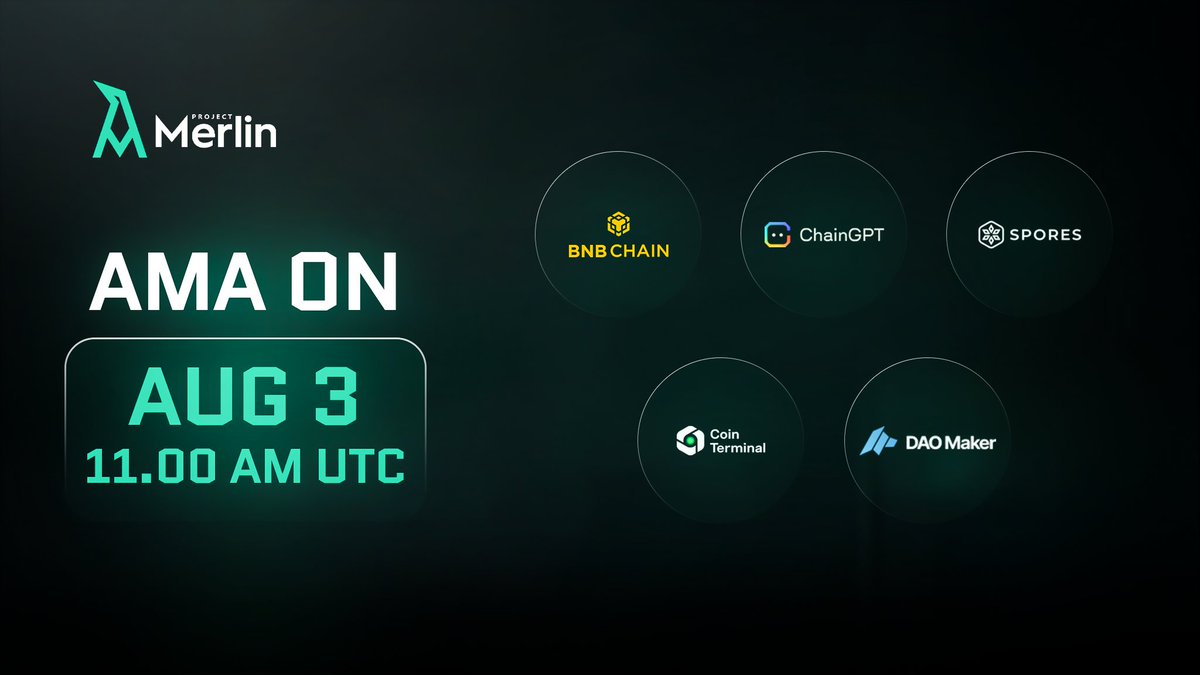
Earn Rewards for Active Participation: Vote2Earn models, like those in Project Merlin and VeBetterDAO, allow users to earn native tokens (such as MRLN or B3TR) simply by casting votes in governance decisions, turning engagement into tangible incentives.
-

Promotes Transparent and Merit-Based Governance: Only users who actively participate in governance (e.g., holding a Project Merlin Community NFT and voting) are eligible for rewards, ensuring that decision-making power and incentives go to genuine contributors.
-
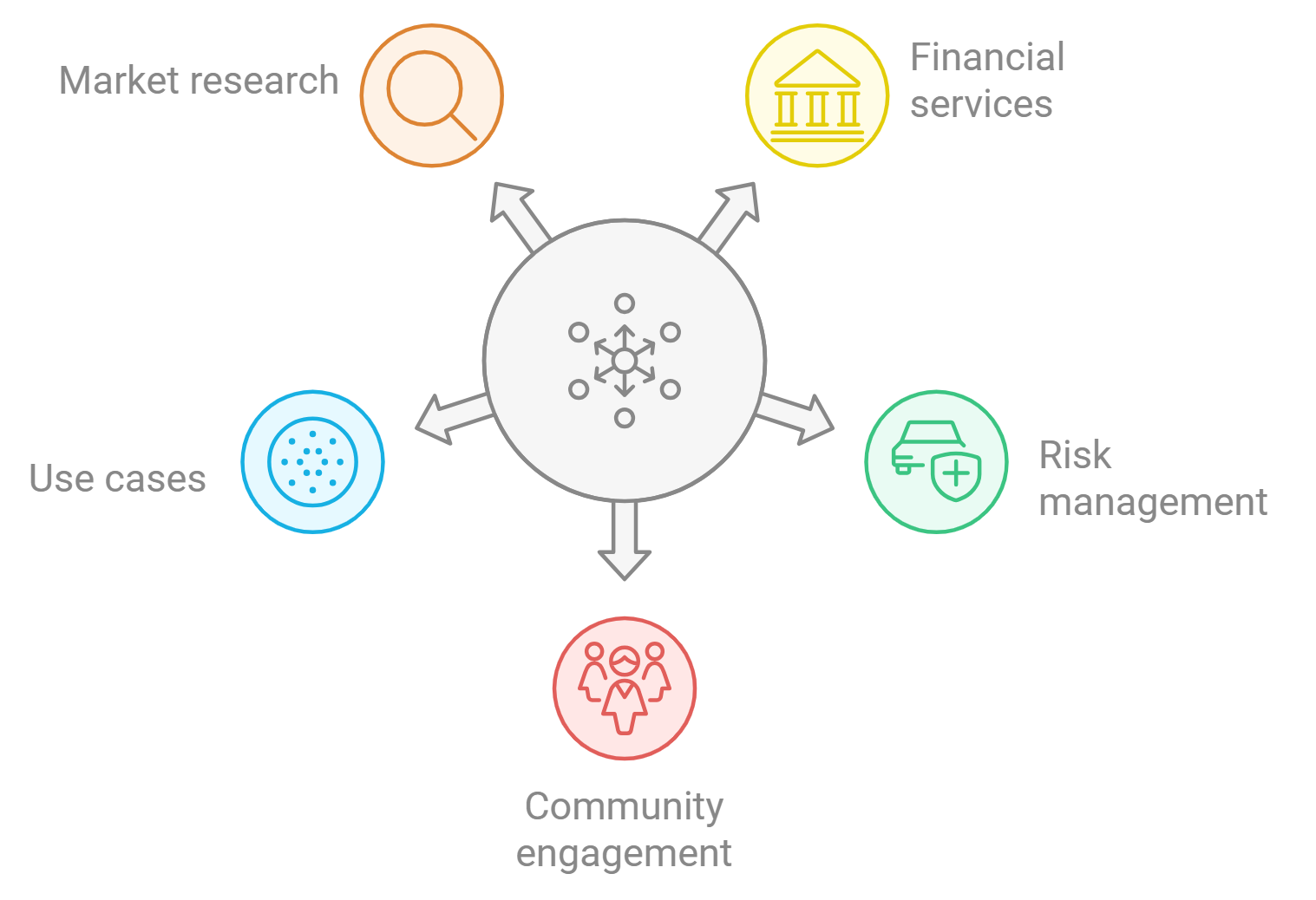
Incentivizes Informed Decision-Making: By tying rewards to voting activity, Vote2Earn encourages users to stay informed about protocol proposals, fostering a more knowledgeable and responsible community.
-
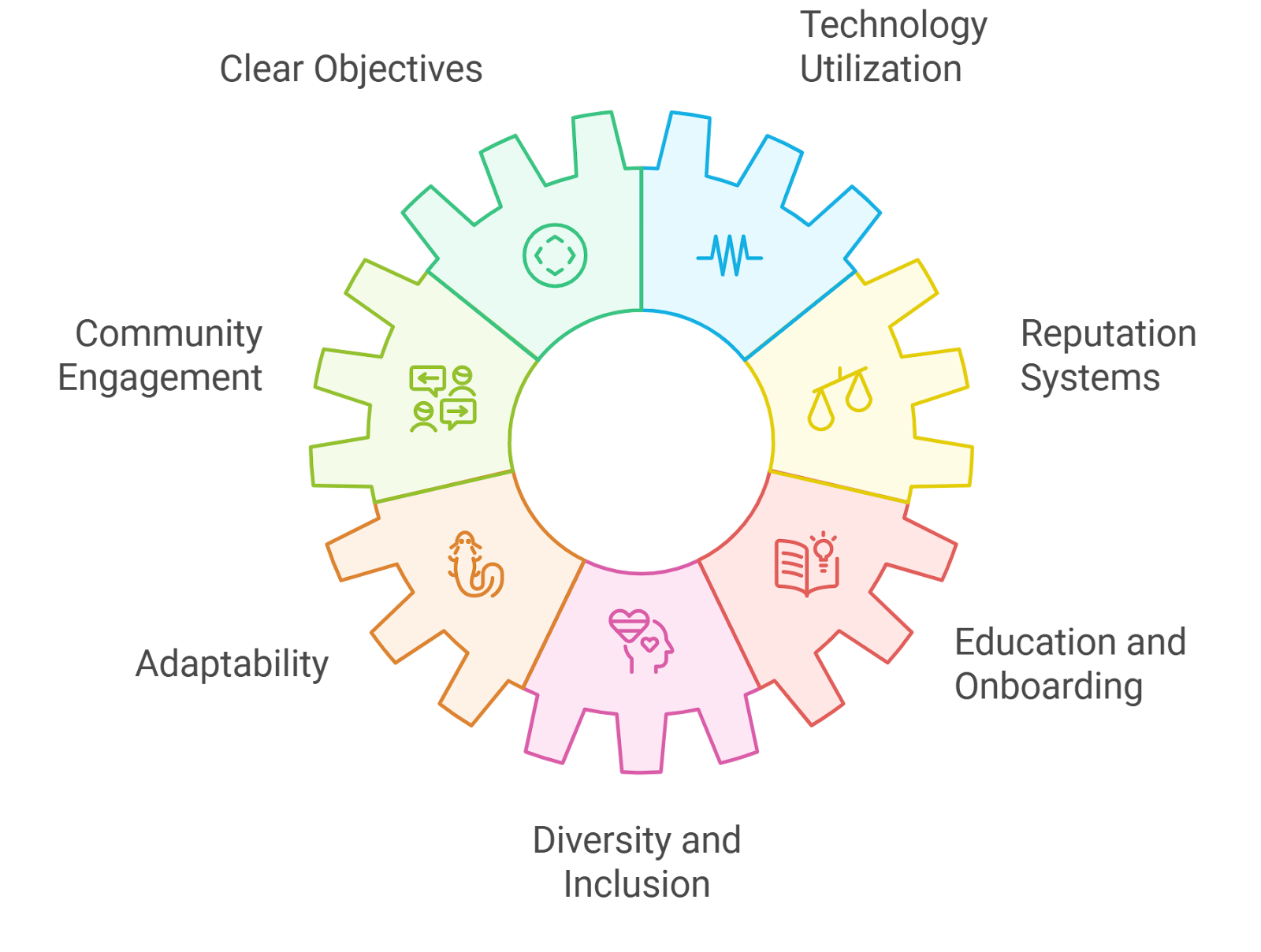
Accessible to a Broad User Base: Platforms like VeBetterDAO and Project Merlin require only basic participation (such as holding a specific NFT and voting), making governance rewards accessible to everyday users rather than just large token holders.
-

Supports Sustainable Ecosystem Growth: Vote2Earn models often distribute rewards based on protocol health metrics (e.g., Project Merlin’s DAO Treasury threshold), aligning user incentives with the platform’s long-term sustainability.
For those just entering the world of decentralized governance, Vote2Earn provides an accessible way to earn governance tokens without needing a large capital outlay or deep technical expertise. The process is straightforward: acquire the required NFT or governance token, participate in voting rounds, and watch as your engagement turns into tangible rewards. This simplicity lowers barriers and invites broader participation, especially from users who may have previously felt excluded from DAO processes.
Meanwhile, for power users and community leaders, these models offer an avenue to be directly compensated for their time and expertise. The more deeply you engage – reviewing proposals, debating in forums, casting informed votes – the greater your share of the reward pool. This dynamic encourages not just quantity but quality of participation, which is critical for sustainable protocol growth.
Challenges and Considerations
No incentive mechanism is perfect, and Vote2Earn frameworks must contend with potential downsides. There’s always a risk that rewards could attract low-effort or spammy participation if safeguards aren’t in place. Protocols like Project Merlin address this by requiring both NFT ownership and minimum voting activity each quarter, while VeBetterDAO uses multi-tiered pools to reward genuine commitment over mere box-checking.
Another consideration is sustainability: distributing governance token rewards needs to be balanced with long-term treasury health. Project Merlin’s threshold – only converting points if the DAO treasury holds more than 30% of $MRLN supply – is one example of how protocols can safeguard against over-distribution and inflationary pressures.
What’s Next for Vote2Earn and DAO Engagement?
The rapid adoption of Vote2Earn models signals a broader shift in how communities are incentivized within DeFi. As protocols refine these systems, we’re likely to see even more creative integrations – from gamified leaderboards to cross-DAO collaborations and reputation-based bonuses.
The bottom line: Vote2Earn is redefining what it means to be an active participant in decentralized governance. For anyone interested in maximizing DAO participation rewards, earning through DeFi voting incentives, or simply having a real voice in protocol evolution, now is the time to get involved.






